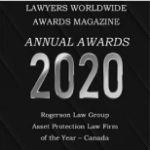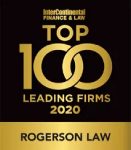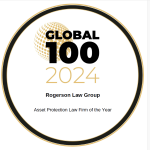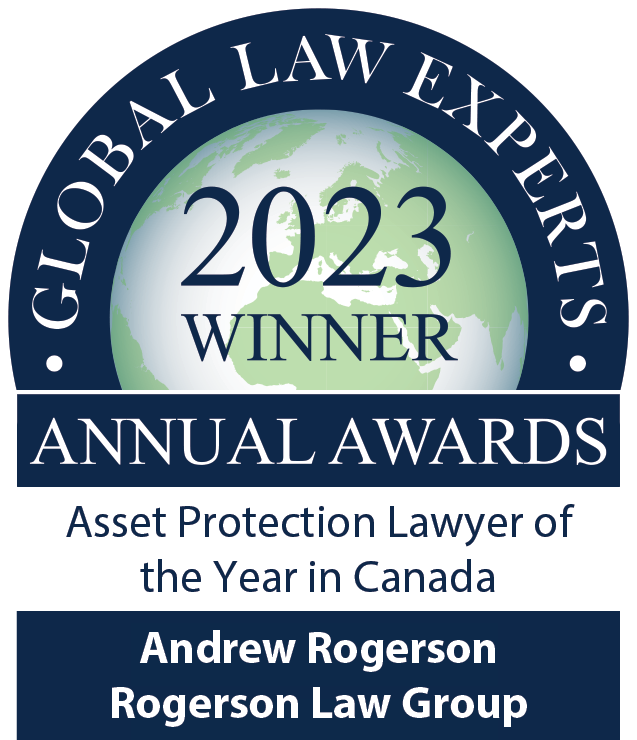Property Division and Financial Legal Issues In Divorce in Canada
On divorce, a financial settlement will need to be agreed between the parties (or ordered by the court). The law in Ontario states that when a marriage breaks down, it will recognize an equal contribution of both spouses to the marriage.
The experienced divorce and family lawyers at Rogerson Law Group have years of experience successfully advising both domestic and international divorce clients on their financial settlements on divorce.
What is ‘equalization’?
The starting point is that the value of the assets acquired by each spouse during the marriage and those owned at the time of separation, as well as the increase in their value, is to be divided equally. This means that the spouse who owns the most will pay the other spouse an ‘equalization payment’ to facilitate that equal division – and the parties conclude the marriage as equals as far as money and property are concerned. Note that this only applies to married couples and not those in a common law relationship. They can, however, make claims for property on the basis of common law trust principles.
‘Ownership’ of an asset includes beneficial ownership, additional legal rights, control and responsibility – as well as psychological benefit of the asset.
Is that it?
In reality, the matrimonial finances are usually more complex than that. Factors that typically complicate matters include ownership of more than one property; significant investments and pensions; one party’s business interests; assets owned in another jurisdiction; and inheritances that are imminent. These factors may require professional valuations and further investigations, liaising with foreign institutions, obtaining further documentation and evidence, and so on.
In addition, other issues that potentially alter the general rule include:
- Short marriages (the equalization rule is unfair)
- Gifts and inheritance during the marriage are exempt as ‘excluded property’
- Property owned before the marriage may also be exempt
Cross border matters
Rogerson Law Group are renowned for their cross-border experience. Our cross border team regularly advises clients in high value and complex matrimonial disputes involving money and assets held or owned abroad, including in tax havens. We will take full details of all domestic and foreign assets (note that all assets must be disclosed), and advise you on the cross border implications and what we can expect is a fair and just settlement in your unique circumstances.
The matrimonial home
The matrimonial home is a special asset for obvious reasons. The spouses have an equal right to live there unless a judge says otherwise. When the marriage breaks down, you may both still want to remain there. If you cannot reach an agreement as to who will remain and who will leave – you may need to ask a third party (eg a mediator or arbitrator) to help you reach a resolution. If this fails (or you don’t want to go down that route) you will have to ask the court to decide for you, though this will prove costly.
This is important because the matrimonial home is an asset for the purposes of the equalization rule. The law gives it special treatment in terms of its value, and we can explain how the law applies in your case.
The Team
The divorce and family team is led by Andrew Rogerson, the firm’s founder. He is assisted by James Bennett , who compliments our domestic and international family law practice.
Talk to a Divorce/Family Lawyer
Contact us now - Call (416) 504 2259
We provide legal services in the entire Greater Toronto area including Toronto, Scarborough, Mississauga, Vaughan, Brampton, Richmond Hill, Etobicoke, Hamilton, Sudbury, North Bay and Barrie with offices located in Downtown Toronto and Barrie.
















